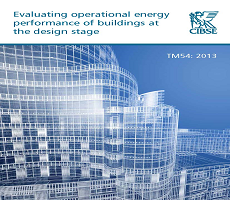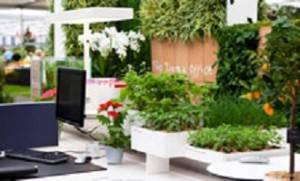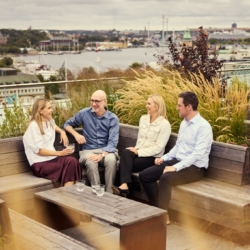April 11, 2014
Moderate stress levels can enhance performance, claims new research
 A new research project conducted jointly by the University of Reading and Ashridge Business School claims that managers can perform better and make better decisions when they are exposure on a regular basis to stressful situations. The research applied principles from the science of neurobiology in measuring changes in the heart rates of 350 managers aged from 26-55 to analyse their performance under pressure. All of the participants in the research were current students on an Ashridge management course who took part in simulated high-pressure executive situation, such as conflict resolution, high-level decision-making and handling difficult employees and conversations. Their physical and psychological responses were continually monitored over two days, including sleep patterns, heart rate and psychometric tests.
A new research project conducted jointly by the University of Reading and Ashridge Business School claims that managers can perform better and make better decisions when they are exposure on a regular basis to stressful situations. The research applied principles from the science of neurobiology in measuring changes in the heart rates of 350 managers aged from 26-55 to analyse their performance under pressure. All of the participants in the research were current students on an Ashridge management course who took part in simulated high-pressure executive situation, such as conflict resolution, high-level decision-making and handling difficult employees and conversations. Their physical and psychological responses were continually monitored over two days, including sleep patterns, heart rate and psychometric tests.



























